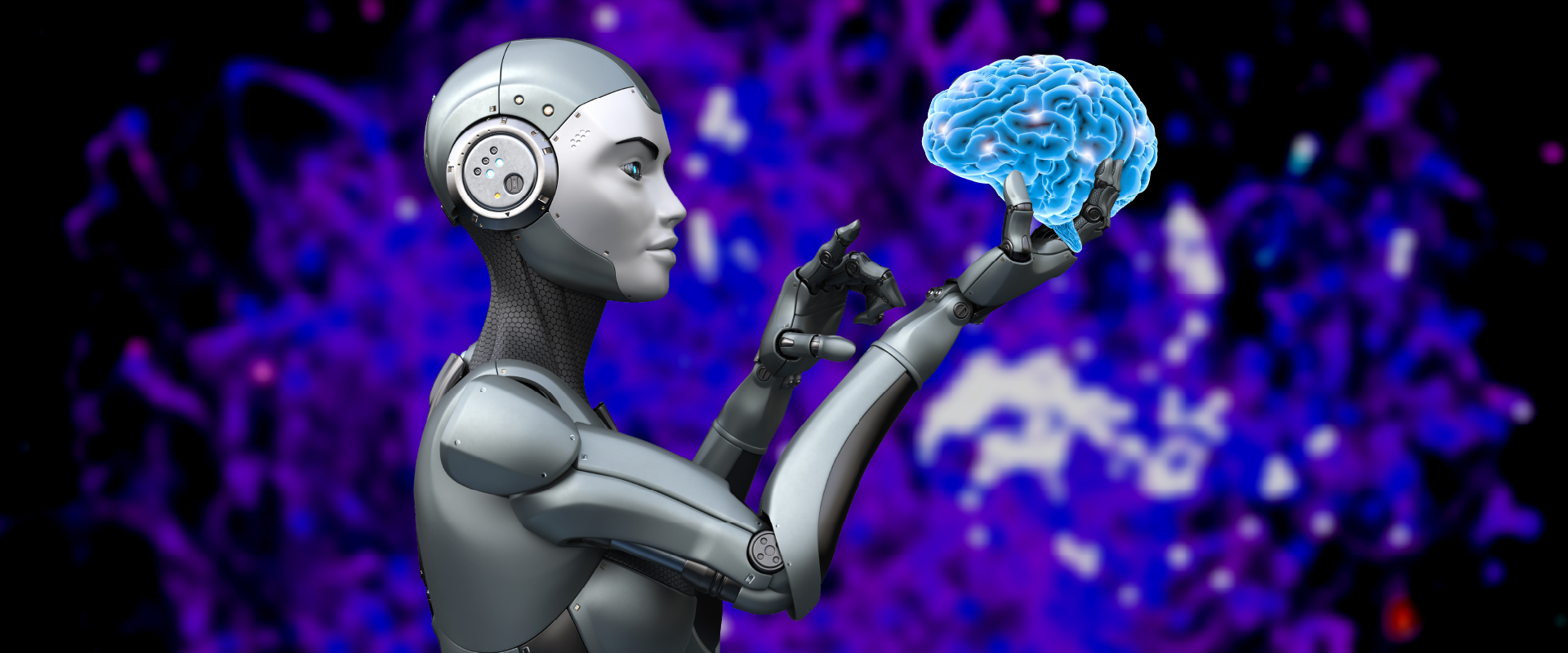By Bethany Augliere
Right now, clinical trials exist to explore potential therapeutic uses for an artificial hippocampus — the small, seahorse-shaped region of the brain responsible for memory. Yet, “imagine brain implant technology in the hands of an authoritarian dictator seeking to track dissident populations,” said Susan Schneider, Ph.D., director of the FAU’s Center for the Future Mind.
The new center, which launched November 2020, focuses on the future of the self and mind as humans move forward with technological innovations in fields such as neuroscience and artificial intelligence (AI). It was conceived of as a collaboration between FAU’s Dorothy F. Schmidt College of Arts and Letters and the FAU Stiles-Nicholson Brain Institute. To do this, the center hosts presentations for the faculty, students and public, advises Congress on AI policy and ethics, and supports research endeavors at the interface of AI and brain science.
“We’re drawn to the ethical and conceptual challenges in neuroscience, medicine and AI, especially in relation to the big questions about the future of humanity – what we are, where it is all headed and what we will become” said Schneider, also the William F. Dietrich distinguished professor of philosophy in the College of Arts and Letters, and a member of the Brain Institute.
Schneider first appointed Elan Barenholtz, Ph.D., as associate director of the center. Barenholtz is an associate professor in the department of psychology in the Charles E. Schmidt College of Science, co-director of the Machine Perception and Cognitive Robotics Lab and co-founder of the Rubin and Cindy Gruber Sandbox, an artificial intelligence lab on FAU’s Boca Raton campus.
“This is a time of remarkable convergence among different research areas that are concerned with the mind and brain,” Barenholtz said. “When neuroscientists, psychologists, computer scientists, philosophers and other researchers gather around common goals, it can lead to groundbreaking ideas that transcend traditional disciplinary boundaries. The center is designed to be a space where these kinds of intellectual collisions take place and I believe it can play a defining role in the evolution of this emerging field.”
Since opening, the center now has more than 40 members, including faculty, students and external fellows. It has also launched several high-impact initiatives led by different members. These initiatives range from examining the future brain enhancement, healthy aging to building a virtual brain. For example, the Public,
Dr. Schneider is an internationally-recognized scholar whose work at the intersection of philosophy and cognitive neuroscience challenges us to consider a world, already upon us, where human mind lives, merges and competes with other forms of intelligence.”
— Randy D. Blakely, Ph.D., Executive Director,
Stiles-Nicholson Brain Institute
Media and Congressional Engagement Initiative brings information to the public arena through Congressional advising, TV appearances, media interviews
and op-eds.
“Public involvement and congressional understanding of what’s ahead is absolutely key to avoiding dystopian scenarios and having humans flourish in the age of technology,” Schneider said. Another initiative, led by Andrea Miller, Ph.D., an assistant professor in the school of communication and multimedia studies in the College of Arts and Letters, examines the surveillance and sensing capabilities of AI systems in AI-based personal assistants like Siri and Alexa, military surveillance and weapons systems, and social media platforms like Facebook and Twitter.
“When it comes to the future, AI and neurotechnology are changing the shape of society, introducing machine intelligences that already outthink us in several domains, brain chips that may lead to revamping our minds, new methods of surveillance, and more,” Schneider said. “It is up to us, as a society, to ensure that our technological innovations contribute to human flourishing.”
